Welcome to the exploration of a fascinating world where ancient wisdom and modern well-being converge: “The Power of Nutrition: Fueling Your Body for Optimal Physical Wellness.” If you’re someone intrigued by the richness of African traditional healing practices and natural remedies, this journey promises to unravel the profound connection between nutrition and achieving holistic wellness.
The Role of Nutrition in African Traditional Healing
In African traditional medicine, nutrition isn’t merely about sustenance; it’s a profound element contributing to physical, mental, and spiritual balance. Explore the fundamental principles that guide nutritional choices within these healing practices and witness the transformative power of a well-aligned diet.
Uncover the specific nutrients embedded in traditional African diets, each playing a crucial role in promoting wellness and preventing illness. From the vibrant colors of fruits and vegetables to the nutrient-rich grains, these traditional diets offer a blueprint for optimal physical health. Here are three key roles of nutrition in African traditional healing:
Energetic Balance and Vitality:
Traditional African healing often revolves around the concept of maintaining a balance of energies within the body. Nutrition is viewed to achieve and sustain this balance, ensuring that the body receives the necessary nutrients to support optimal health and vitality.
A diet rich in diverse and wholesome foods is believed to contribute to the harmonious flow of energy, promoting overall well-being.
Medicinal Foods and Herbal Complements:
Nutrition is closely intertwined with herbal medicine in African traditional healing. Many traditional healers prescribe specific foods and herbs as part of treatment regimens. These foods are often considered medicinal, possessing properties believed to address specific health concerns.
For example, certain fruits, vegetables, and herbs may be recommended to support the immune system, aid digestion, or address specific ailments. The combination of nutrition and herbal remedies is seen as a holistic approach to healing, addressing both the physical and spiritual aspects of health.
Cleansing and Purification:
Nutrition is also integral to the cleansing and purification rituals in African traditional healing. Certain foods and dietary practices are believed to help detoxify the body, eliminating impurities and promoting spiritual cleansing.
Fasting or specific dietary restrictions may be part of these rituals, emphasizing the belief that purity of the body contributes to overall health and well-being. This aspect of nutrition aligns with the holistic approach of traditional healing, recognizing the interconnectedness of physical and spiritual health.
It’s important to note that African traditional healing practices can vary widely across different cultures and regions, and beliefs about nutrition may also differ. Additionally, these practices are deeply rooted in cultural and spiritual contexts, and interpretations of the roles of nutrition in healing may vary among individuals and communities.
Incorporating African Superfoods into Modern Lifestyles
Discover the bounty of African superfoods, each with unique nutritional benefits. Gain practical insights into seamlessly integrating these superfoods into your modern lifestyle, allowing the ancient wisdom of African traditions to harmonize with contemporary well-being practices.
Incorporating African superfoods into modern lifestyles can be a delightful way to enhance nutrition and promote overall well-being. Here are three effective ways to do so:
Smoothie Boosts:
Blend African superfoods into your daily smoothies for a nutritious kick. Ingredients like baobab powder, moringa, and hibiscus can easily be added to fruit and vegetable smoothies. These superfoods are rich in vitamins, antioxidants, and minerals, providing a flavorful and healthful boost to your morning routine.
Traditional Dishes with a Twist:
Infuse traditional African dishes with superfoods to elevate their nutritional value. For instance, incorporate grains like fonio or teff into your meals, and use nutrient-dense leafy greens such as moringa leaves.
Experimenting with recipes that include indigenous African ingredients not only adds a unique flavor but also enhances the nutritional profile of your meals.
Snack Innovation:
Create wholesome snacks using African superfoods. Make energy bars or granola bites with ingredients like tiger nuts, baobab, or dried fruits like dates and figs. These snacks can serve as convenient, on-the-go options that provide sustained energy and essential nutrients.
Additionally, incorporating superfood powders into homemade snacks, such as energy balls or trail mix, is a simple way to ensure you get the benefits of these nutrient-rich ingredients.
Remember to start with small quantities and gradually increase as you become familiar with the flavors and your body’s response to these superfoods. It’s also advisable to consult with a healthcare professional or nutritionist to ensure that the incorporation of new ingredients aligns with your individual dietary needs and health goals.
Expert Insights and Recommendations
Consider engaging with experts in African traditional healing and nutrition as they can shed light on the scientific underpinnings of these practices. Benefit from their recommendations, ensuring your approach to nutrition is not only culturally sensitive but also informed by a deeper understanding of its potential benefits.
Conclusion
As we conclude this exploration into the power of nutrition within African traditional healing, consider the profound impact it can have on your overall well-being.
Merge ancient wisdom with modern practices and empower yourself to fuel your body for optimal physical wellness through the rich tapestry of African traditional nutrition. The journey towards holistic health begins with the choices you make today.



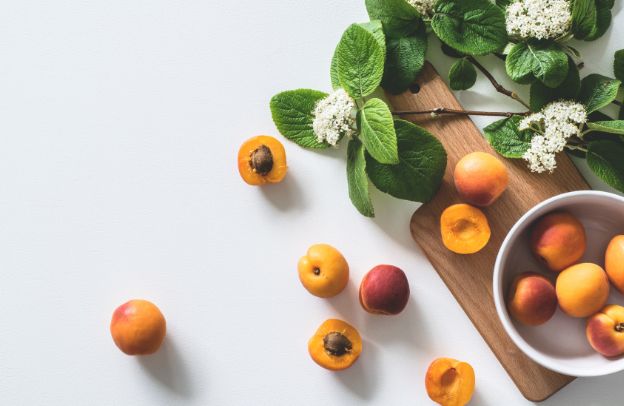
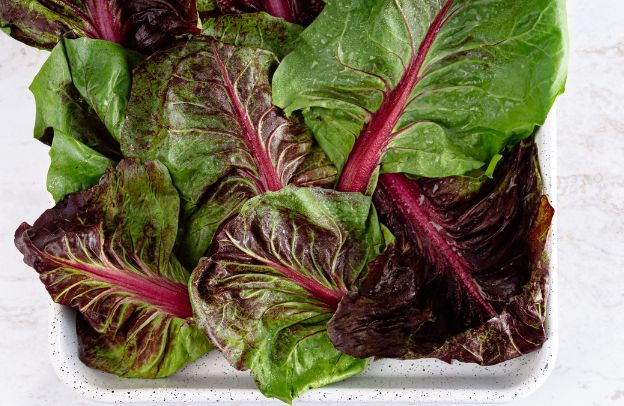
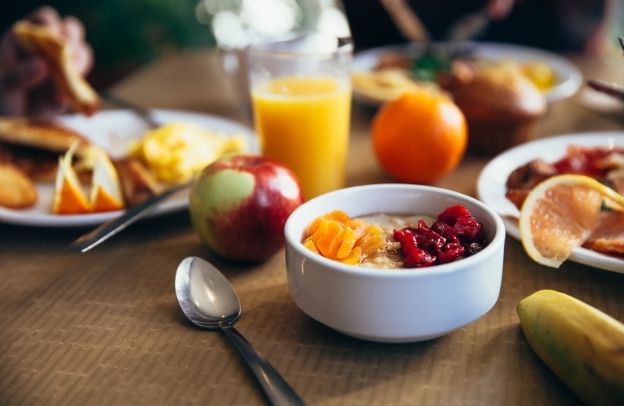
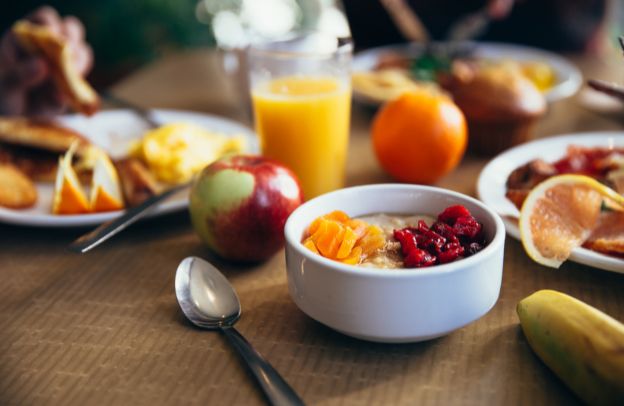
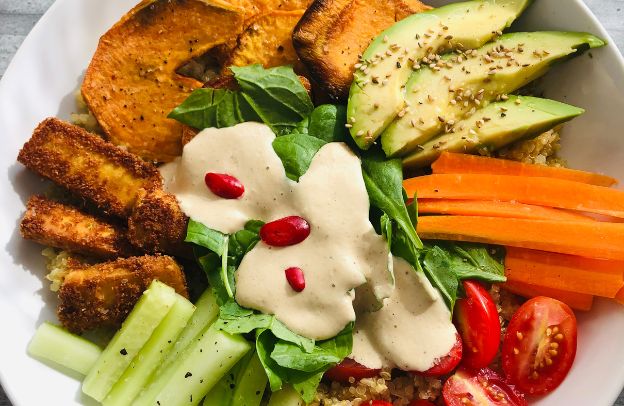
Usually I do not read article on blogs however I would like to say that this writeup very compelled me to take a look at and do it Your writing style has been amazed me Thank you very nice article
amazing, thank you so much!!!
regards